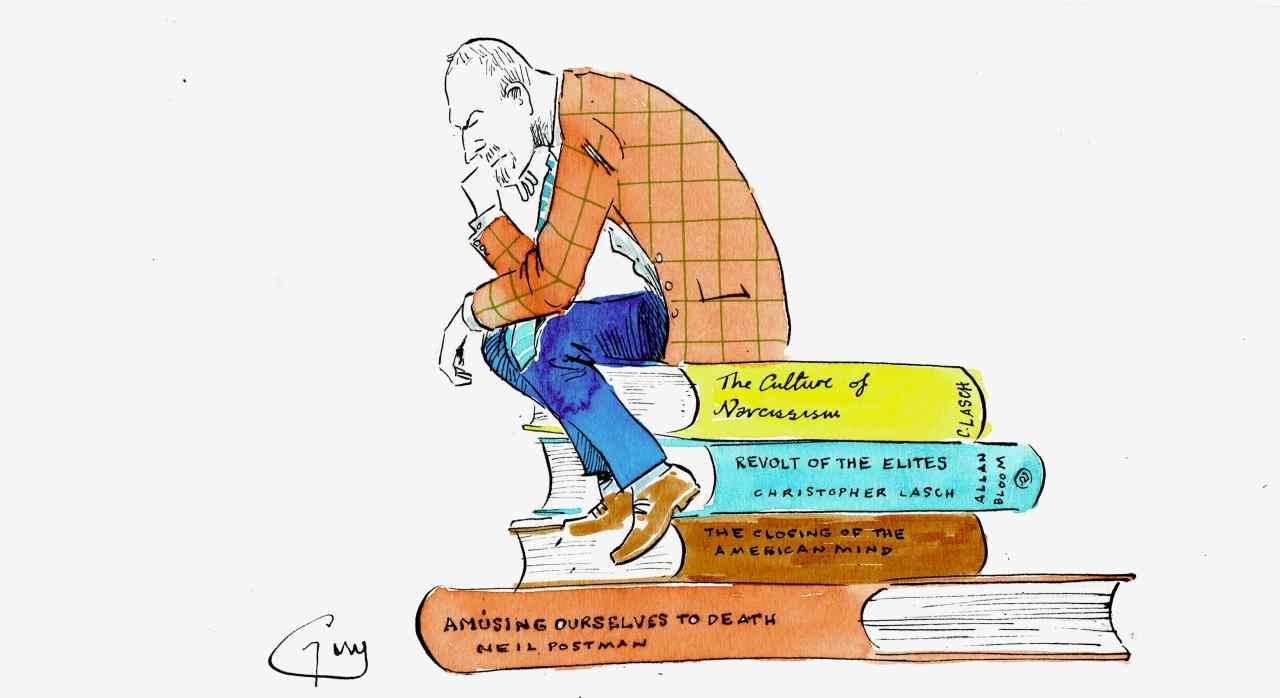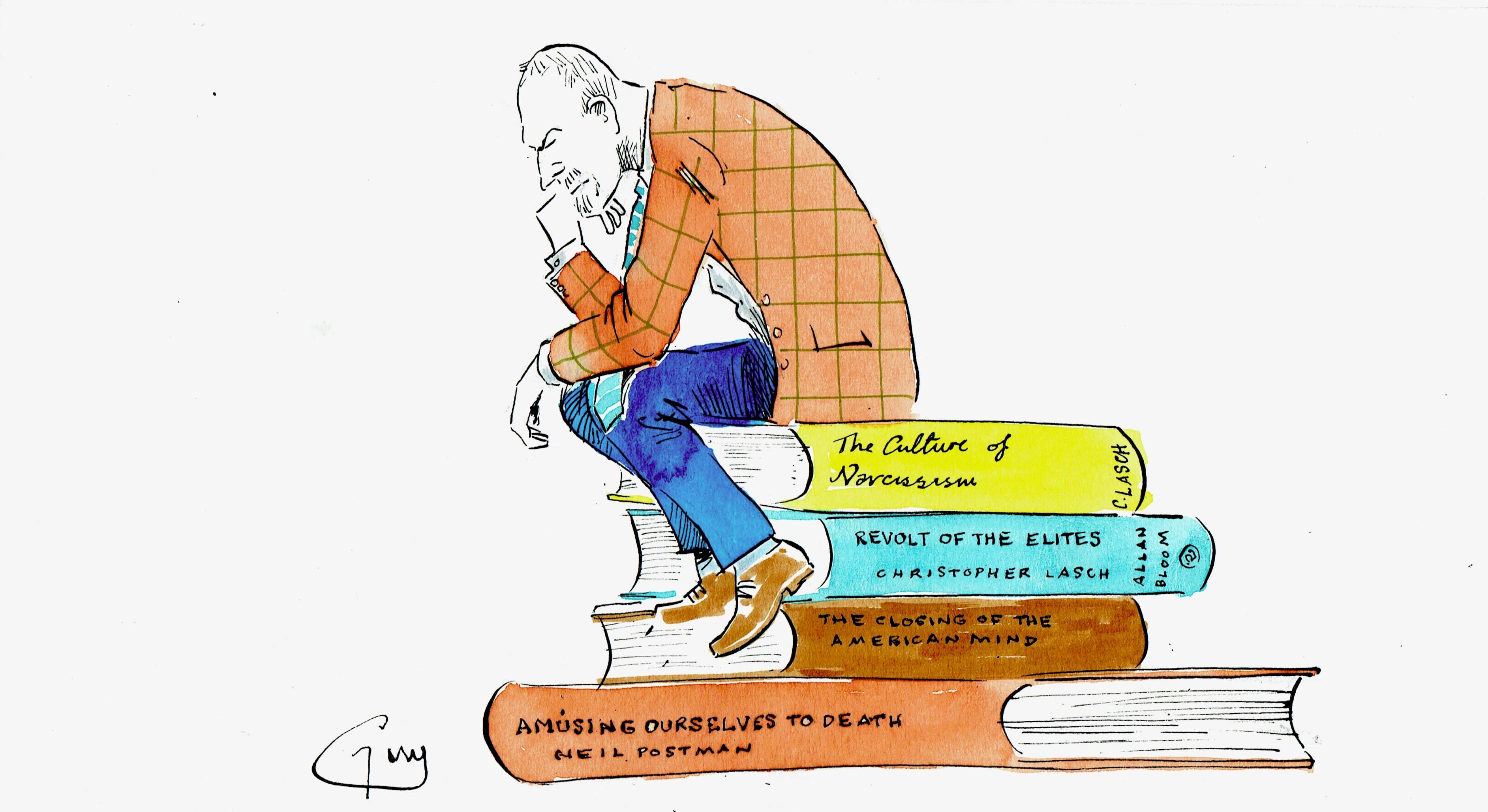One of the great things about touring in the age of audio books, is that you can use your time driving between gigs, with nothing more to concentrate on than other half-tons of steel and rubber hurtling down ‘Smart’ motorways at suddenly varying speeds, to really binge on reading.
I’d long been meaning to expand my knowledge of George Orwell. I’m pretty familiar with his better, or at least better known, essays and I have of course regularly scaled his Two Last Peaks, Animal Farm, and 1984.
I’ve read Animal Farm so often that it has become a sort of catechism, and if it had a tune I could probably sing it right through. It’s a little hand-grenade of a nursery fable which so enraged both the British Left who still had hopes for the Soviet ‘experiment’, and the British Establishment, who would really have rather gotten their nose-holding coalition with Stalin out of the way before George started accusing him of being a perfidious pig.
1984 has sewn so many seeds into popular culture that one feels when reading it for the first time as the school boy does reading Hamlet – that it is full of clichés.
I confess I came to 1984 a little late, probably because it has sewn so many seeds into popular culture that one feels when reading it for the first time as the school boy does reading Hamlet – that it is full of clichés.
Indeed, so many phrases from Orwell’s bleak dystopia have been plundered and repurposed for vapid, light entertainment shows – Big Brother, Room 101, Two Minutes Hate (technically still GMTV but it’s surely only a matter of time) – that a case could be made that he was wrong, and it was Aldous Huxley’s Brave New World that hit the mark. We really are amusing ourselves to death.
But I had not read his three, great works of reportage – two based in the more deprived localities and social strata of Britain, and which surely amounted to foreign correspondence for many of his readers, every bit as much as his account of the Spanish Civil War.
Homage to Catalonia sold all of 638 copies initially. It is now almost universally regarded as one of the essential texts, not only of that war but of the stresses and tensions to which political Europe was subject, and would be subject, throughout the 1930s.
The reason for this, according to historian Raymond Carr, was ‘simple… Orwell was determined to set down the truth as he saw it. This was something that many writers of the Left in 1936–39 could not bring themselves to do.’
It is at times a tough listen, tracking communist infighting. And there are too many acronyms in the second half for it to really fly, as literature. But that is fairly brief and the first half is personal, concrete and gripping. And, having now joined the club of those who’ve read it, I think it is fair to say that no serious person ought to exclude themselves for very long.
But if anything, the other two books were for me superior, and among the very best of their kind I’ve read, or heard. Down and Out in Paris and London has moments of surreal indignity to match anything in Withnail and I – and camaraderie to match, too. But there is also a sense of an urgent need to communicate, to impress upon you the presence of these conditions, just the other side of the restaurant kitchen doors. The squalor in which real people, our brothers and sisters, are expected to survive, right here, right now. That is the essence of the form and of Orwell’s gift I think. The Road to Wigan Pier is every bit as good, and his awe in the presence of the miners, in particular, and the crushing, grinding reality of their lot, genuinely moving.
The second half becomes more abstract, and is a timeless meditation on the gnarly problems of progress. Together, these two books strike me as being as important to understanding the first half of the 20th Century as any I’ve read, yet thanks to the legendary Orwell prose, go down like clear, cold water.
His earlier fiction, if I’m honest, I was not so keen on. Burmese Days is OK, if you like Somerset Maugham and Graham Greene but haven’t had quite enough of the beastliness of the Raj. Keep the Aspidistra Flying, I just found unbearable – I don’t think I’ve ever listened to another book that made me want so viscerally to reach out and throttle the protagonist, to squeeze his whingeing, malingering cud out of him through one end or the other. As one of my twitter correspondents pointed out, this kind of over-educated, highly articulate lay-about makes for a fine sitcom, a la Shelley, but is a most disagreeable focus for a social-realist fiction. And his Prince Hal-style redemption at the end was fooling nobody.
Only Coming up for Air satisfied, and that was rather lovely. It’s a wistful, soft focus gaze back in to the past – from between the wars, a time at which many old folks of my acquaintance are wont to glance longingly. It is a rare occurrence of Orwell laying down his sword and shield and indulging in a warm-hearted recollection, over a pint of mild and bitter. And a timely reminder, that even to the most perspicacious and unsentimental of writers, there is always something that has been lost, along the way.







Comments